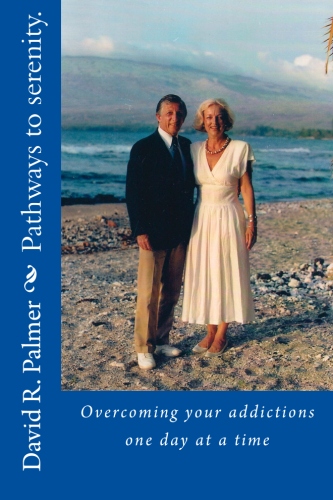From Relationship Trauma to Resilience and Balance
Tian Dayton, Ph.D.
Health Communications, Inc.
January 2008 $14.95
We humans are neurologically wired to seek pleasure and avoid pain, says author Dr. Tian Dayton, and this is another reason why we are prone to self medicate with a variety of addictions.
It’s also why, given a couple of months to get used to it, many of us stick with a 12-Step program. Because, to summarize the Steps, trusting God, cleaning house and helping others becomes a pleasurable experience.
“Quick fixes don’t work but a new design for living, does,” Dayton comments.
This is one of the many insights Dayton, an acclaimed author, widely respected therapist and an adult child of alcoholics, provides in a book that illuminates an important key to recovery—getting control of our emotions.
Emotional Sobriety is about finding and maintaining our emotional equilibrium or “feeling rheostat,” the one that helps us to adjust to the intensity of our emotional responses to life. In sum, Dayton’s goal is to help us undo the damage of trauma and reverse the negative effects it has on future relationships and behaviors.
A big part of the problem is physiological.
Dayton points out that the source of our emotions, both our pleasure and our pain, is the limbic system, that ancient portion of the brain we have been carrying around with us since caveman days. The thinking part of our brain, the prefrontal cortex, she notes, developed much later.
When we are frightened, which happens a lot in this dysfunctional world, the limbic system is immediately implicated and elicits one of three responses: fight, flight or freeze. This is fine when a saber-toothed tiger threatens but not so much when you are asked to make a short talk at the Rotary Club.
“Whether the trauma is from abuse, neglect or addiction,” Dayton says, “our bodies and minds react to being frightened, hurt or overwhelmed with more intense emotions than we can process and integrate which interferes with the development of our emotional sobriety.
And when fear becomes prolonged, Dayton adds, there are serious consequences.
The concept of emotional sobriety, Dayton says, was originally developed by Bill Wilson, cofounder of Alcoholics Anonymous who saw it as the next frontier for recovery not only from addictions of all kinds but also from what lies in its wake. Sobriety, Wilson said, is only the first step “leading to the development of much more real maturity and balance.”
Emotions, says Dayton, quoting one of her many sources, “ are the new frontier to be understood and conquered. To manage our emotions is not to drug or suppress them, but to understand them so that we can intelligently direct our emotional energies and intention. It’s time for human beings to grow up emotionally and mature.
If we have had good parenting, especially during our early childhood (from birth to 12 years old) when our cortex hasn’t yet kicked in, and we are operating primarily on our limbic system, we can learn how to self regulate.
Without good parenting we are more likely to turn to outside sources like drugs, sex, money and work, for example, to address our emotional problems.
“When emotions are in balance,” Dayton says, “relationship conflicts stay within a reasonable manageable range.’
For those in recovery especially, Dayton’s book provides a valuable resource as we struggle with our emotions. Her exploration is exhaustive and sometimes repetitive, but it is worth the trip.
“Either we make ourselves miserable,” she says, quoting Carlos Castanada, “or we make ourselves strong. The amount of work is the same.”
Dayton’s book will help make you “stronger.”



